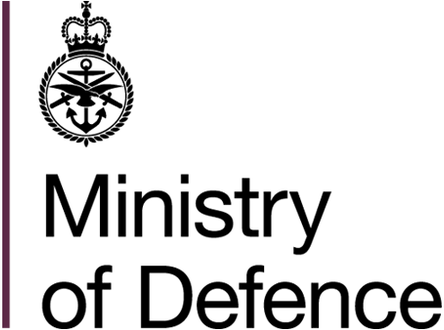Audit
A systematic independent and documented process for obtaining audit evidence and evaluating it objectively to determine the extent to which the audit criteria are fulfilled. Types of audit include:
- First Party Audit – An audit conducted by an organisation on the activities it has direct responsibilities for.
- Second Party Audit – An external audit by a body or organisation having an interest in the activity or process examined, e.g. a customer or client.
- Third Party Audit – An external audit by a recognised independent auditing organisation with no interest in the activity or process examined.
- Capability Performance Audit – An audit of a capability or equipment system to provide assurance that the performance objectives or targets of the capability are being achieved.
- Combined Audit – An audit the scope of which covers more than one management system operated by the organisation, or related to an activity, being examined.
- Compliance Audit – An audit to provide assurance that a process, activity, or materiel is carried out or achieved in such a manner as to achieve compliance with legal, policy or other requirements; i.e. the audit criteria are restricted to compliance issues within the scope of the audit.
- Joint Audit – An audit conducted by two or more auditing organisations.
- Management System Audit – An audit the scope of which includes the process and procedures making up the whole or part of a formalised management system.
- Supplier Audit (pre contract) – An audit conducted pre-award of a contract to provide assurance evidence that a supplier has management systems in place which can or do comply with MOD requirements.
- Supplier Audit (post contract) – An audit of a supplier post award of contract to provide assurance that the goods or services being provided, or that a supplier’s management systems, are in conformance with MOD requirements.
Source:
ISO 19011
There is currently no content classified with this term.



